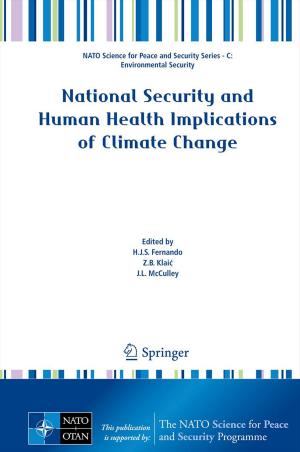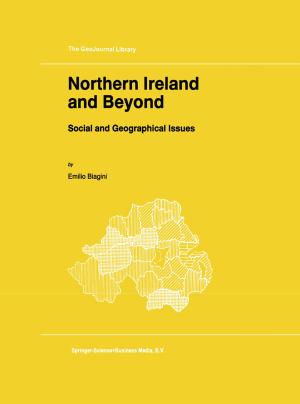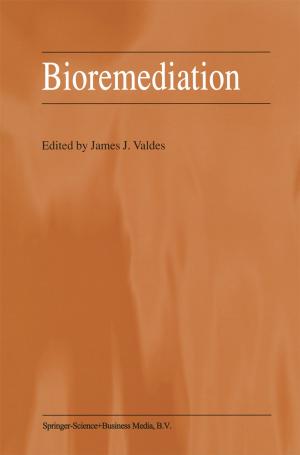Fishing, Foraging and Farming in the Bolivian Amazon
On a Local Society in Transition
Nonfiction, Science & Nature, Science, Biological Sciences, Ecology, Business & Finance, Economics| Author: | Lisa Ringhofer | ISBN: | 9789048134878 |
| Publisher: | Springer Netherlands | Publication: | December 1, 2009 |
| Imprint: | Springer | Language: | English |
| Author: | Lisa Ringhofer |
| ISBN: | 9789048134878 |
| Publisher: | Springer Netherlands |
| Publication: | December 1, 2009 |
| Imprint: | Springer |
| Language: | English |
Empirical in character, this book analyses the society-nature interaction of the Tsimane’, a rural indigenous community in the Bolivian Amazon. Following a common methodological framework, the material and energy flow (MEFA) approach, it gives a detailed account of the biophysical exchange relations the community entertains with its natural environment: the socio-economic use of energy, materials, land and time. Equally so, the book provides a deeper insight into the local base of sociometabolic transition processes and their inherent dynamics of change. The local community described in this publication stands for the many thousands of rural systems in developing countries that, in light of an ever more globalising world, are currently steering a similar - but maybe differently-paced - development course. This book presents insightful methodological and conceptual advances in the field of sustainability science and provides a vital reader for students and researchers of human ecology, ecological anthropology, and environmental sociology. It equally contributes to improving professional development work methods.
Empirical in character, this book analyses the society-nature interaction of the Tsimane’, a rural indigenous community in the Bolivian Amazon. Following a common methodological framework, the material and energy flow (MEFA) approach, it gives a detailed account of the biophysical exchange relations the community entertains with its natural environment: the socio-economic use of energy, materials, land and time. Equally so, the book provides a deeper insight into the local base of sociometabolic transition processes and their inherent dynamics of change. The local community described in this publication stands for the many thousands of rural systems in developing countries that, in light of an ever more globalising world, are currently steering a similar - but maybe differently-paced - development course. This book presents insightful methodological and conceptual advances in the field of sustainability science and provides a vital reader for students and researchers of human ecology, ecological anthropology, and environmental sociology. It equally contributes to improving professional development work methods.















